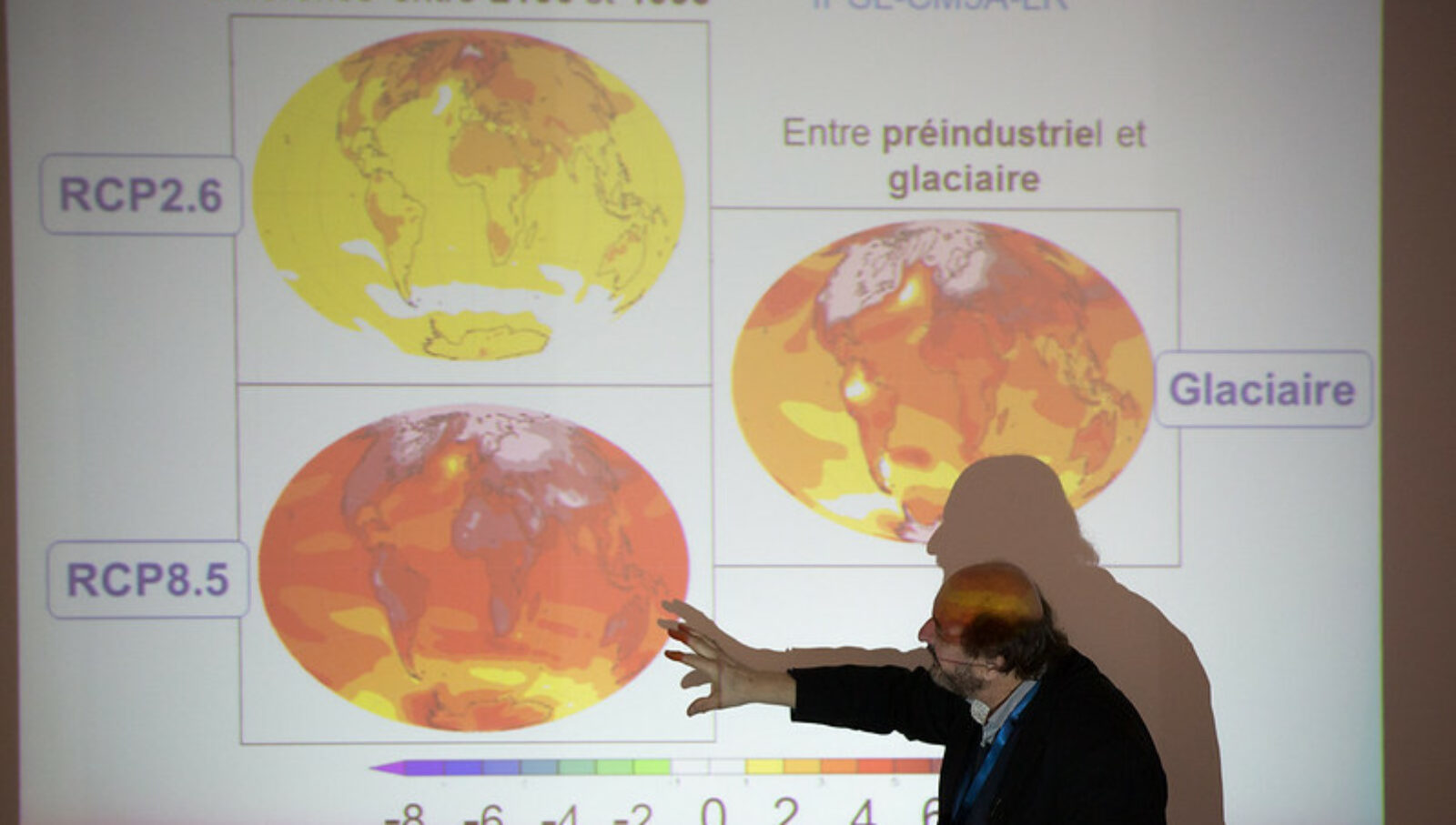Le défi historique de la transition énergétique et climatique exige une nation informée de ses enjeux et formée pour y répondre.
Combien d’emplois seront nécessaires dans chaque secteur ? Comment adapter nos compétences et réallouer nos moyens humains pour répondre à ces nouveaux besoins ? Comment former les étudiants et les actifs à l’aune de ces défis ?
Au travers de ses travaux sur l’emploi, la formation et l’enseignement, le Shift tente d’y répondre.











